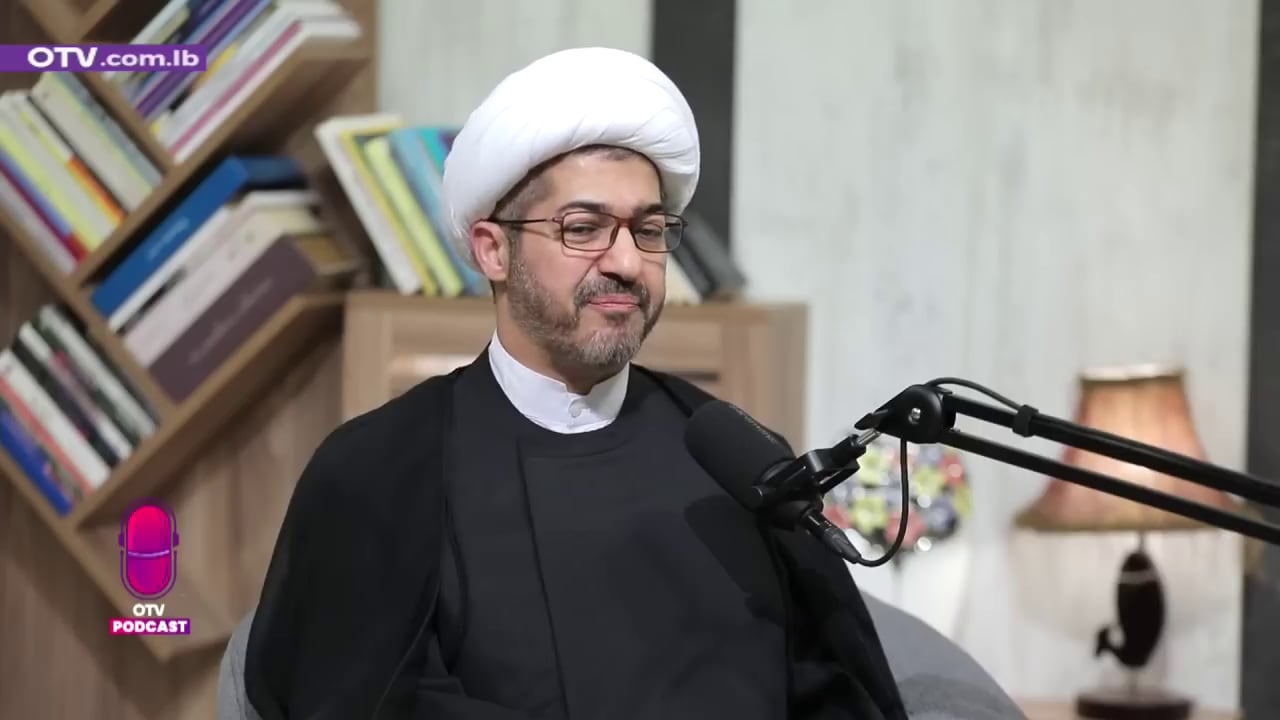
On April 4, 2019, the Nablus-based An-Najah broadcasting channel (An-Najah NBC) uploaded to its YouTube channel a report about Gazans who are studying Hebrew at a specialized teaching center. The reporter said that the students are learning Hebrew in order to remain firmly connected to the Palestinian cause and understand the nature of the conflict and the Israeli occupation. Tamara Al-Masri, one of the students, said that she is learning Hebrew because she sometimes needs to translate invoices in Hebrew and because she wants to connect to new cultures and open up to others. Rami Rumana, another student, said that he wants to know the nature of the Israeli public, its culture, and its way of thinking. The reporter said that some people believe that studying Hebrew is a "cultural invasion" against political society, while others believe that it is better to understand the language of one's enemy. Ahmad Al-Fulayt, one of the school's Hebrew teachers, said that Palestinians have shown an increased interest in studying Hebrew and that it enables them to understand Israeli media without relying on translations that may be unreliable. The report also showed a student saying in Hebrew: "It is important to know the language of the enemy in order to understand his way of thinking." An-Najah NBC is run by An-Najah University in Nablus and is the first public broadcasting channel in the Middle East to be launched by a Palestinian university.
Reporter: Arabic and Hebrew – the former is spoken by the people of the land, and the latter by its occupiers. In order for future generations of Palestinians to remain firmly connected to their cause, and in order to understand the nature of the conflict and the policies of the occupiers, these young men and women are wasting no time, and they are learning to read, write, and speak Hebrew in one of the special teaching centers.
Tamar Al-Masri, Hebrew student: I am studying Hebrew because it can help me in my work in money transfers, or in order to translate cheques – we come across invoices in Hebrew that we have to translate. I’m also learning it in order to master a new language, to connect cultures, and to open up to others.
Rami Rumana, Hebrew student: This will give me a chance to get to know the nature of the Israeli public – their culture, their way of thinking, and their lives.
Reporter: Some think that studying Hebrew constitutes a cultural invasion against our Palestinian society, while many other believe that it is better for us to know the language of our enemies, in order to understand what is happening in the corridors of politics in Israel.
Ahmad Al-Fulyat, Hebrew teacher: There is an increasing interest in learning Hebrew in order to understand what is happening in the Israeli streets in terms of society, economy, military, and security. There is daily Israeli escalation against the Gaza Strip. Many people resort to translations [of the Israeli media], but these translations are usually insufficient and sometimes wrong. So the Palestinians have concluded that they should learn Hebrew, which is an easy language that can be mastered in a short time.
Teacher: [in Hebrew:] It is important to know the language of the enemy, in order to understand his way of thinking.













